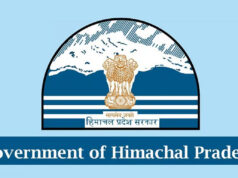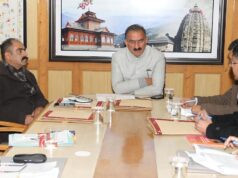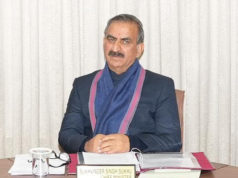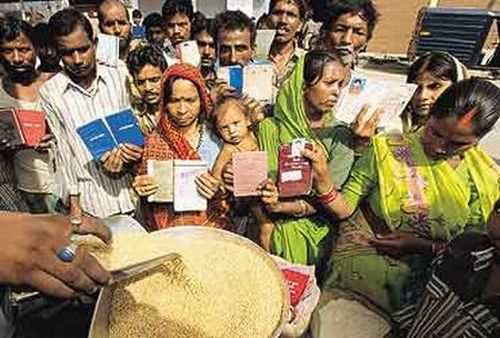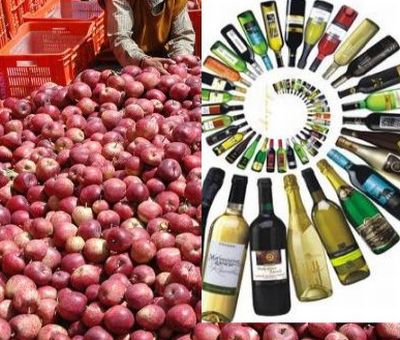Shimla: The Himachal Pradesh government has introduced significant changes in the criteria for Below Poverty Line (BPL) classification, raising the annual income limit while implementing stricter eligibility rules. The new verification process, led by a committee headed by the Sub-Divisional Magistrate (SDM), replaces the earlier system where Panchayat Pradhans had a role, aiming to ensure transparency and fairness.
Under the revised criteria, families headed by women with no adult member aged between 18 and 59 years will be eligible for inclusion in the BPL list. Additionally, households where the head has more than 50% disability or where earning members suffer from serious illnesses such as cancer, Alzheimer’s, Parkinson’s, muscular dystrophy, hemophilia, or thalassemia, making them permanently disabled, will also qualify.
Stricter Rules and Verification Process
Families wishing to be included in the BPL list must submit a written application to the Gram Panchayat by January 31 each year. However, the final verification and selection will now be conducted by the SDM-led committee. The Gram Sabha will have the authority to recommend the removal of ineligible families, and the process is to be completed by May 15 annually.
The state government has increased the annual income limit for BPL eligibility from Rs 36,000 to Rs 50,000. However, several conditions will lead to exclusion from the list:
- Families owning more than one hectare of land.
- Households where any member holds a government, semi-government, or private job.
- Individuals who own a permanent house or pay income tax.
To ensure compliance, applicants must submit an affidavit stating that they do not own a permanent house, do not pay income tax, and their total family income does not exceed Rs 50,000 per year. Additionally, if a BPL family member applies to register as a separate family, the newly formed household will not be considered for BPL benefits for the next three years.
With these changes, the Himachal Pradesh government aims to make the BPL selection process more stringent and ensure that only genuinely deserving families receive the benefits.




